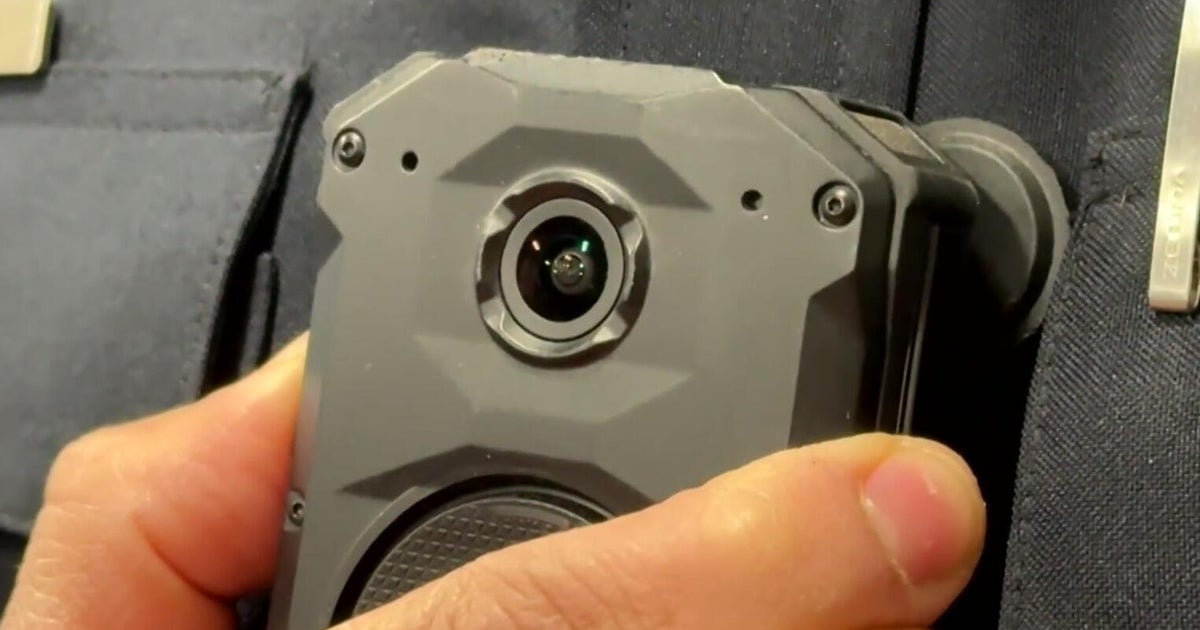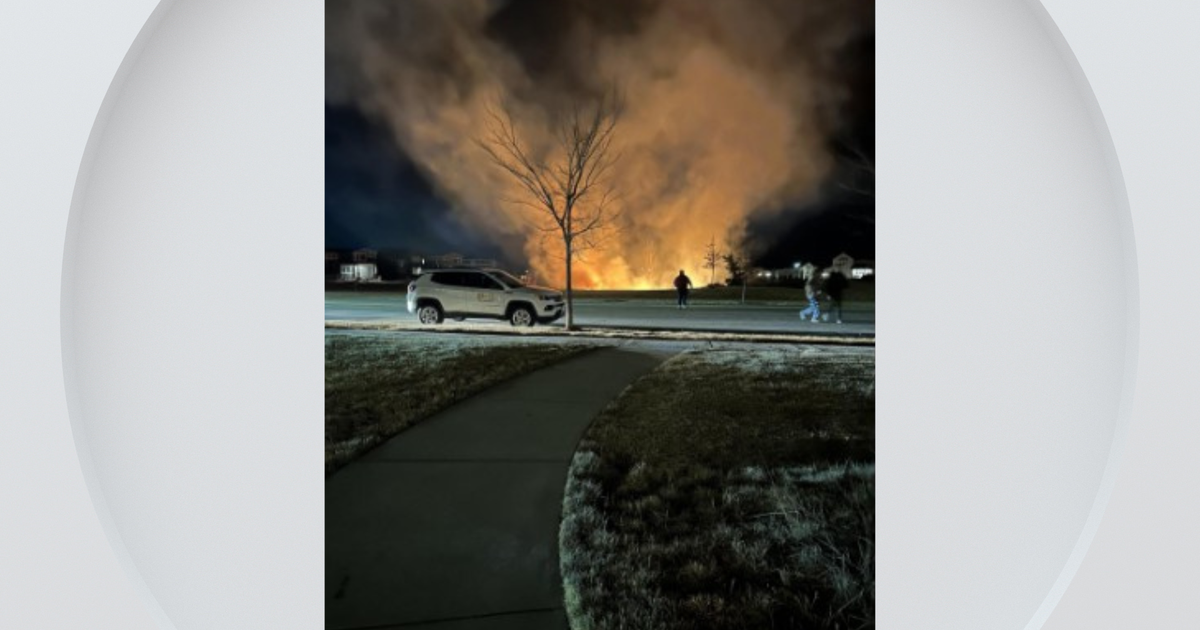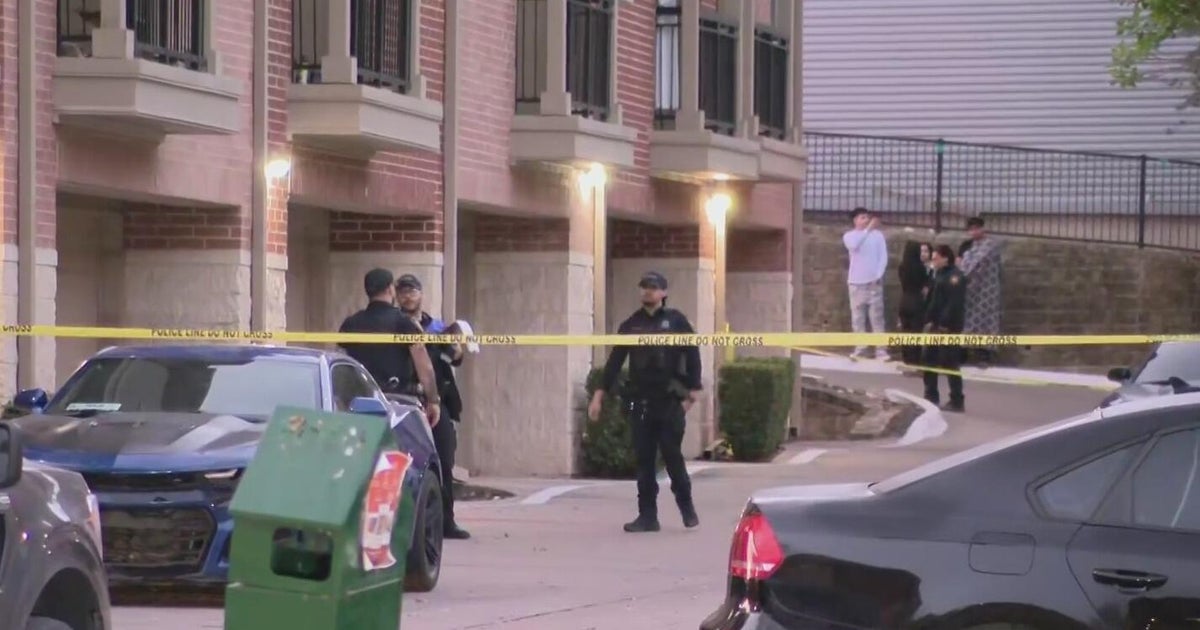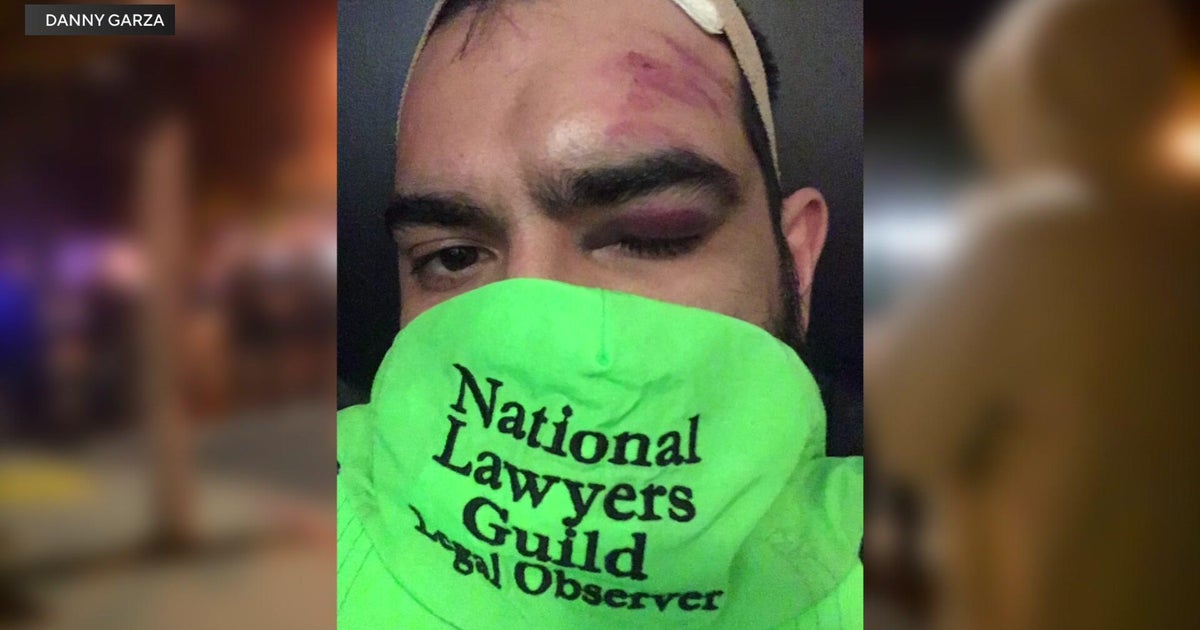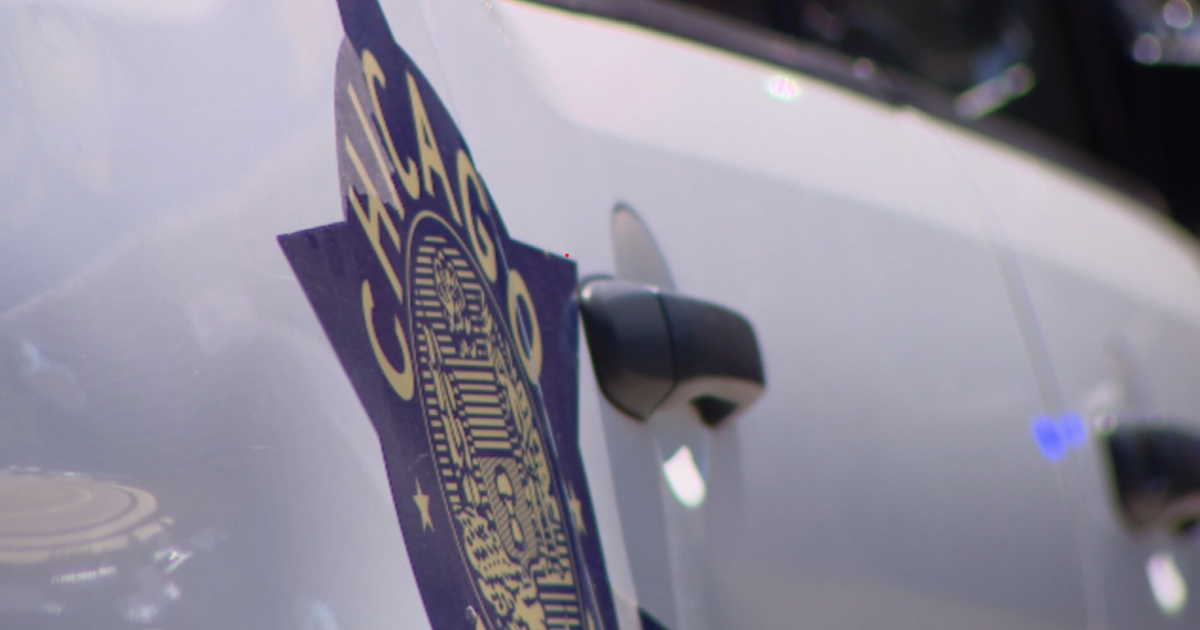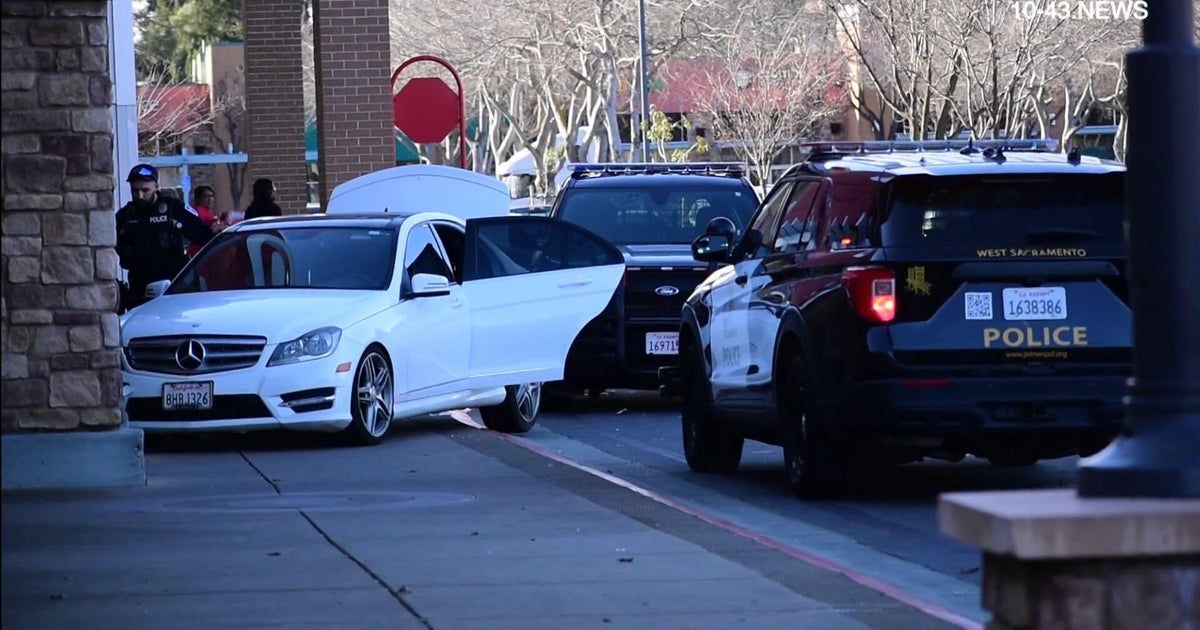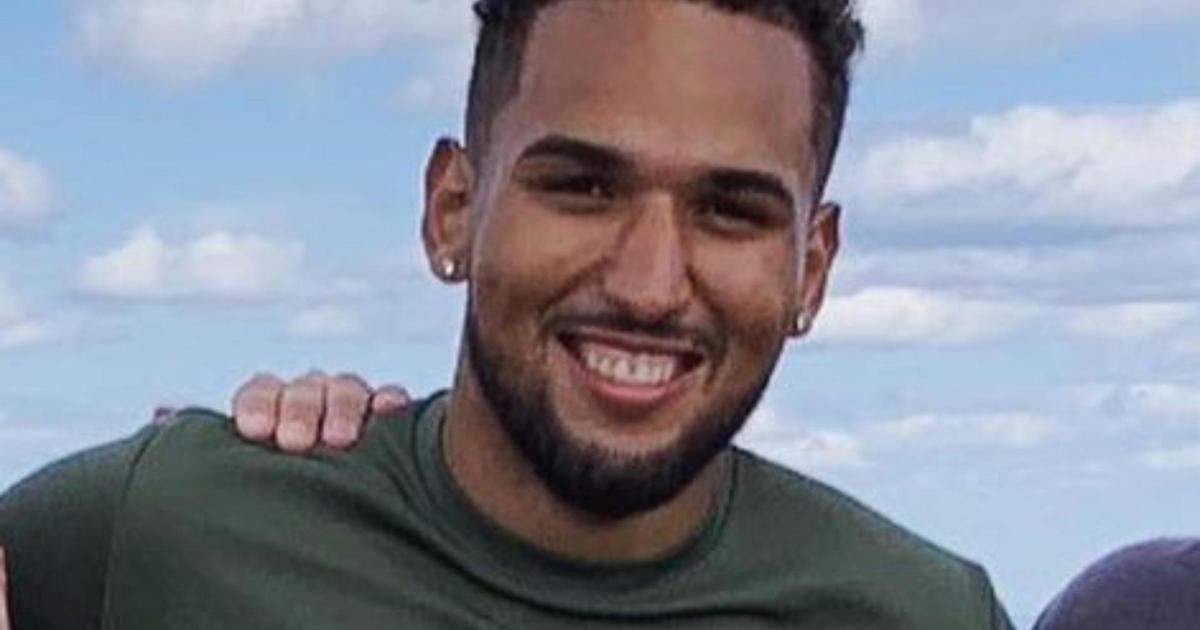Miami-Dade Commission Approves Police Body Camera Program
Follow CBSMIAMI.COM: Facebook | Twitter
MIAMI (CBSMiami) – The next time you have an encounter with a Miami-Dade Police officer, chances are they'll be wearing a camera.
On the heels of a two week testing program, Miami-Dade commissioners voted unanimously Tuesday afternoon to implement a body camera program making MDPD the largest police department in the country to do so.
"It's the new age of policing. It's coming across the United States," Police Director Juan Perez told CBS4's Natalia Zea.
Perez said the program will help close cases more quickly and will deter wrong-doing by wayward cops. He says it will also help protect officers.
"We're being videotaped anyway… I don't mind showing what we do every day out there," Perez said.
The plan is for the first 500 community and patrol officers to wear the cameras by June. By October, 1,500 officers will be wearing the cameras. That's a little more than half of those on the force.
The program will cost about $1 million a year, paid for through grants, police impact fees and general fund tax dollars.
"I'm not afraid of change. And I'm happy to have a director, he's not afraid of change either," said Mayor Carlos Gimenez.
The officers will be required to wear the cameras while on-duty but there are exceptions.
Based on the department's policy, each officer will have the discretion to turn off the camera with a simple click. That will be in situations when the person they're talking to has a reasonable expectation of privacy, like in a hospital or their own home. Also, if the officer thinks the camera will hurt them during an investigation, like if a witness comes forward and wants to give sensitive information without being recorded, the officer can shut it off.
"My concern still exists about the lack of automatic turn-on for the camera," said Commissioner Barbara Jordan.
The American Civil Liberties Union president told Zea he feels the same way, and said while the ACLU supports the body camera program, he worries it will not be effective if officer discretion is not minimized.
Perez points out that officers will be required to notify a supervisor, though that may be after the camera is turned off.
You can ask the officer to shut off the camera, especially in private locations like your home or in a sensitive medical situation, but ultimately it is up to the officer.
You will have the right to request the video of your encounter within 90 days, based on public records laws.
Broward Sheriff Scott Israel has had a body cam program in place for a small number of deputies for months and plans to move forward on a larger scale.
"I know a year from now, every deputy and police officer in the country are going to say, I want my body camera," he said.

